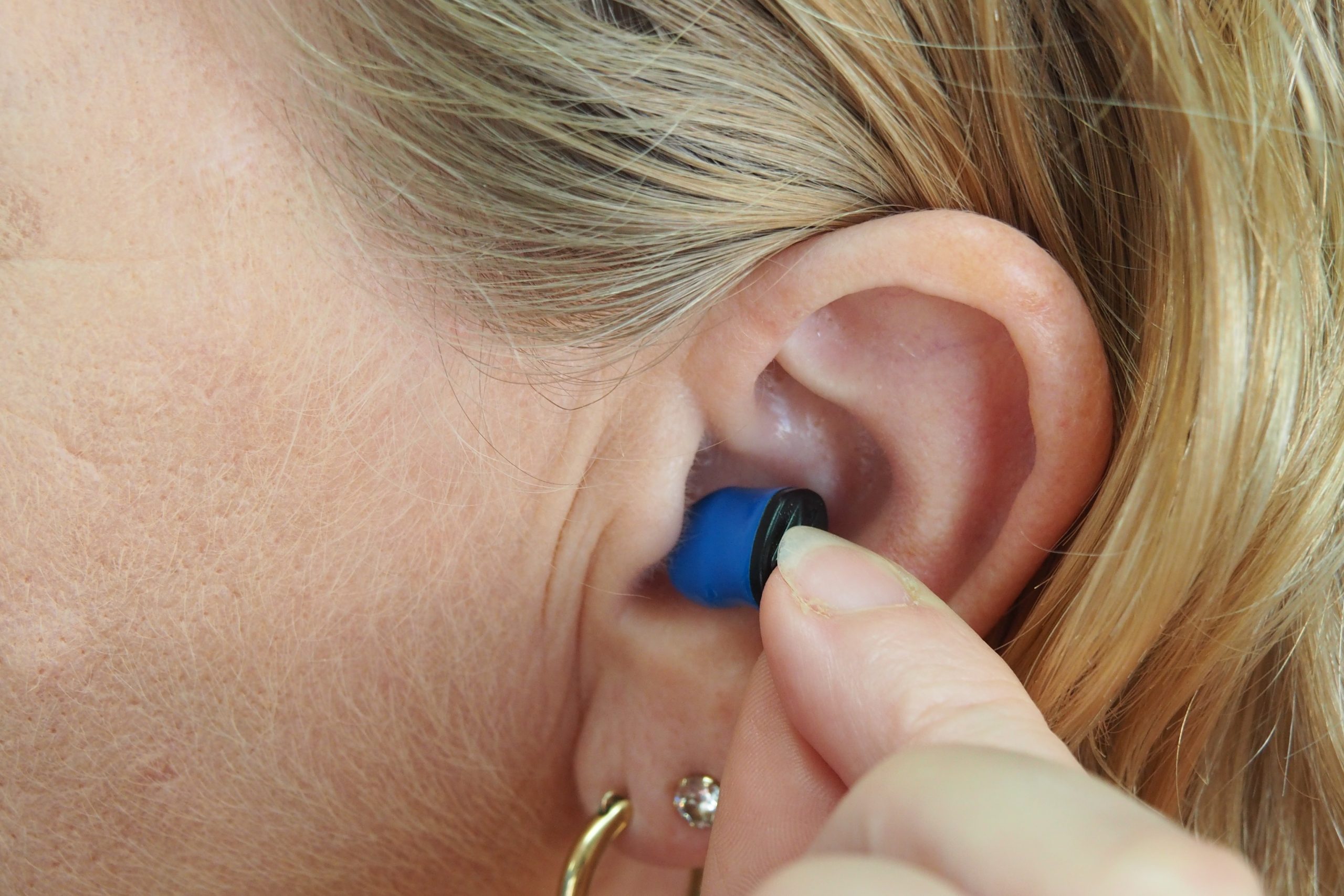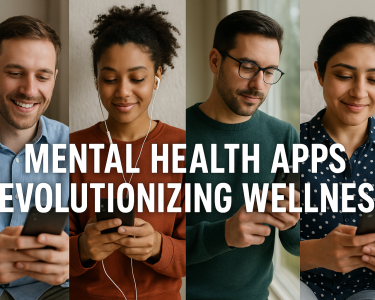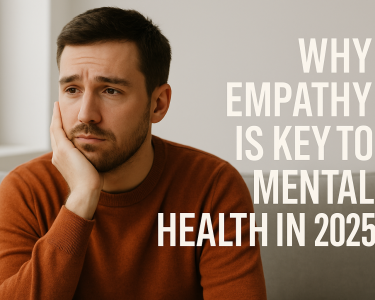Hearing loss is a significant issue that can affect people of all ages, including children. The earlier the intervention, the better the outcomes for children with hearing loss. In this article, we will explore the importance of early intervention for children with hearing loss and the resources available to support families.
Hearing loss can occur for a variety of reasons, such as genetics, infections, or exposure to loud noise. In children, hearing loss can impact speech and language development, cognitive abilities, and social skills. Without intervention, children with hearing loss may fall behind their peers in academic and social settings.
Early intervention is critical for children with hearing loss. According to the American Speech-Language-Hearing Association, children should have their hearing screened at birth, and any hearing loss should be diagnosed by three months of age. Once hearing loss is identified, early intervention services should begin immediately, ideally by six months of age.
Early intervention services can include hearing aids, cochlear implants, speech therapy, and other support services. These services are typically provided through state or local programs, such as Early Hearing Detection and Intervention programs, and may be covered by insurance or other funding sources.
One important resource for families of children with hearing loss is the Parent-Infant Program. This program provides support and guidance to families with children who have hearing loss from birth to three years of age. The program offers parent education, individualized therapy, and family support services to promote optimal development and well-being for children with hearing loss.
In addition to early intervention services, there are many things that families can do to support their child’s communication and language development. For example, parents can use visual cues, such as gestures and facial expressions, to help their child understand language. They can also use technology, such as closed captioning or assistive listening devices, to enhance their child’s access to sound.
It is important to note that hearing loss is not always visible, and some children may have mild or fluctuating hearing loss that is difficult to detect. Therefore, it is essential for parents to be aware of the signs of hearing loss, such as delayed language development, difficulty following directions, or frequent ear infections, and to seek evaluation if they suspect their child has hearing loss.
In conclusion, early intervention is critical for children with hearing loss to promote optimal development and well-being. Families of children with hearing loss have access to a variety of resources, including state and local programs, such as Early Hearing Detection and Intervention programs, and the Parent-Infant Program. With the support of these resources and their families, children with hearing loss can thrive and reach their full potential.




